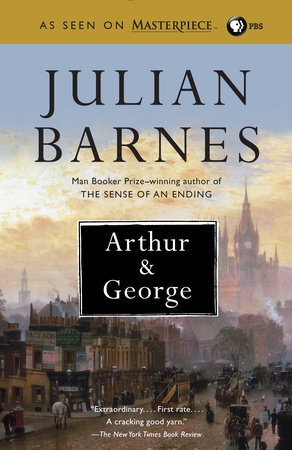 |
Kriya Elektronika |
Like his most famous work Flaubert's Parrot, Arthur & George draws on true events to frame the narrative of the weaving pen of the author, which not only gives the plot a driving force of realism and suspense, but also constructs characters that are more than merely plausible, being quite literally palpable, events that are suspenseful and reach a satisfyingly genuine resolution, and a setting that has previously not been explored in any serious detail, being a mere diversion from the facts of the actual occurrence as it took place.
It is based on what later became known as the 'Great Wyrley Outrages' - a series of brutal cuttings of horses in the small town of Wyrley, in which a local half-Indian solicitor (the titular George) is implicated by a racist community, desperate police-force, and ill-informed court, to be saved from absolute disgrace by the imposing public figure of Sir Arthur Conan Doyle (pictured above).
Though this case was, no doubt, embroidered to fit the form of 'Conan Doyle the Victorian hero' at the time, Barnes puts all of his ironical power into play, lacing the tale with the tragicomedy of a man resting on his pride and clandestinely despising the helping hand of his apparent 'saviour', as well as satirising an ill-bred racist society and the wrongful imprisonment of an innocent man, while at the same time thoroughly exploring the determined 'Britishness' of George and the spiritualist bent of Arthur as both characters move in very different directions over the course of the novel, which covers a fair stretch of time.
Many would consider this story of truth yet another foray into historical fiction, with all the trappings of characters standing on a curious mixture of creativity and research, a setting without idealistic merit and bound by the reality of the landscape in actuality, and a plot already told, but they would, quite simply, be wrong. With research comes knowledge, with reality comes relatability, and with retelling comes previously unconsidered viewpoints, and a possible story that comes closer to the truth than any earlier attempt. There is much to be gained from the past, and Barnes finds it by bringing just enough of the present to bear upon this story of two very different men, in a time not so different from our own.